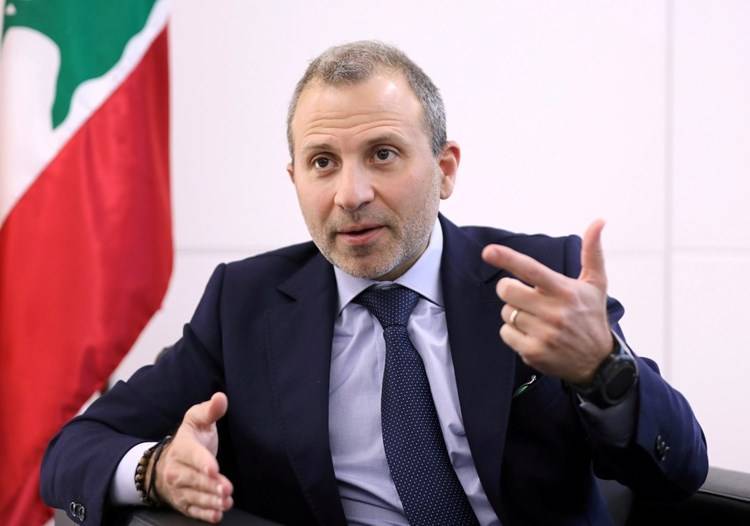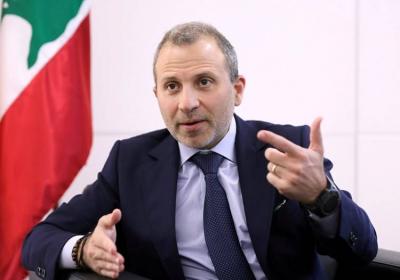The head of the "Free Patriotic Movement," MP Gibran Basil, noted that "the government dares to seriously consider appointing a Central Bank governor, a military council, and perhaps a commander of the army in the absence of a president." He added, "Our stance does not affect the basic matters of the Lebanese people, as evidenced by what we did in Parliament, but there are limits to the government's authority, which are clear in the constitution, and silence about the previous situation has brought us here." He continued, "They tried to pass the idea of extending Riad Salameh's term, and this is a crime against international justice, not just Lebanese justice; as for the appointments in the government, it means 'good luck with your presidency.'"
He pointed out that "the first deputy's assumption is legally correct, but there are well-known responsibilities from the authorities. The only possible and practical option remains the appointment of a judicial guardian because the entire Central Bank is before the judiciary. As for the judicial audit, it is a precedent in Lebanon that has never happened before. It is credited to General Michel Aoun for raising the issue of the judicial audit."
He believed that "those who care about the army must respect the law and halt dozens of contracts by mutual agreement; genuine concern for the institution entails respecting its laws... And if, God forbid, a president is not elected and a vacuum occurs in the military council, there is a principle of 'command' and its hierarchy has known rules that were applied in the General Security... any attempt at appointment in violation of the constitution and bypassing the Minister of Defense is a true military coup that we will not remain silent about."




